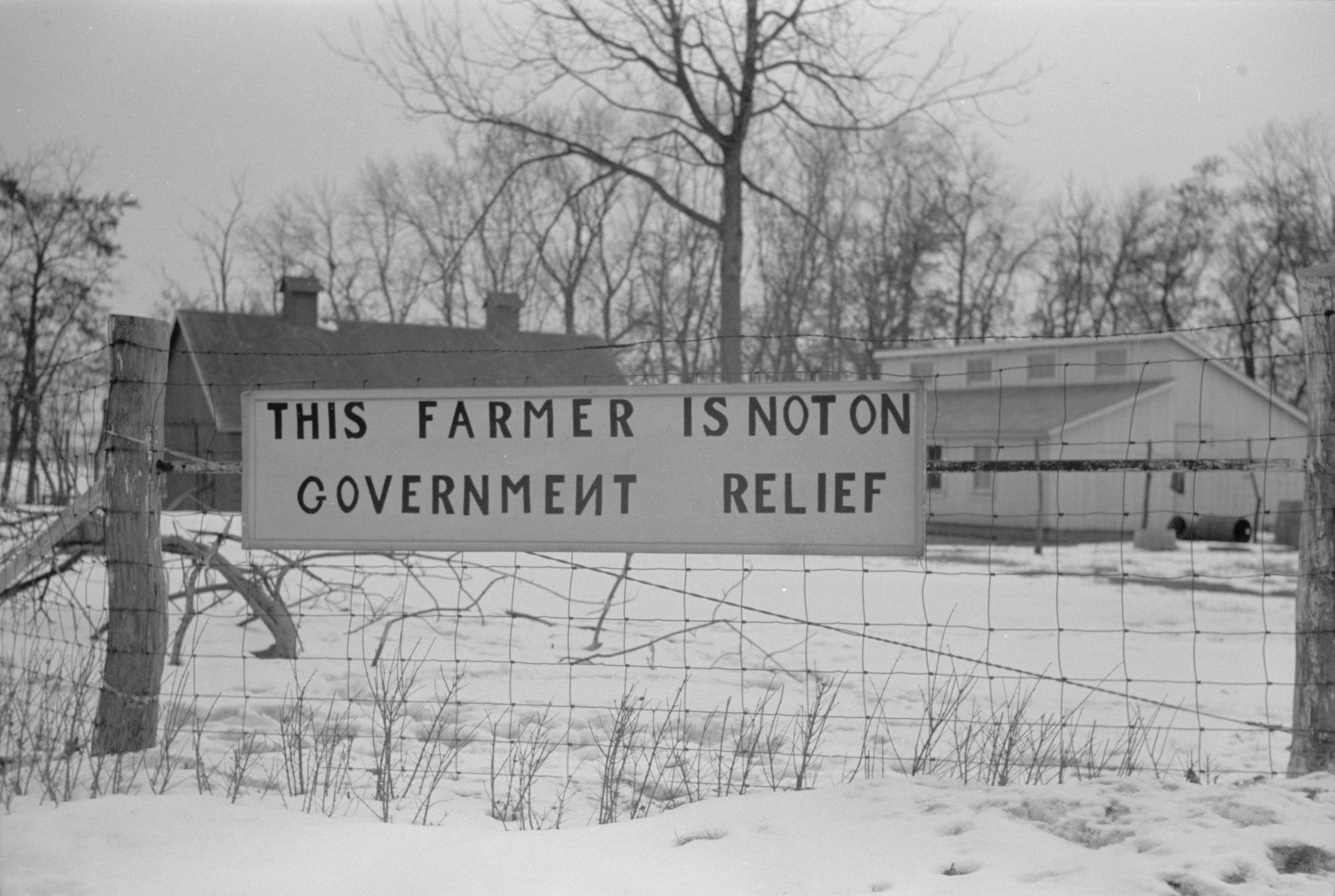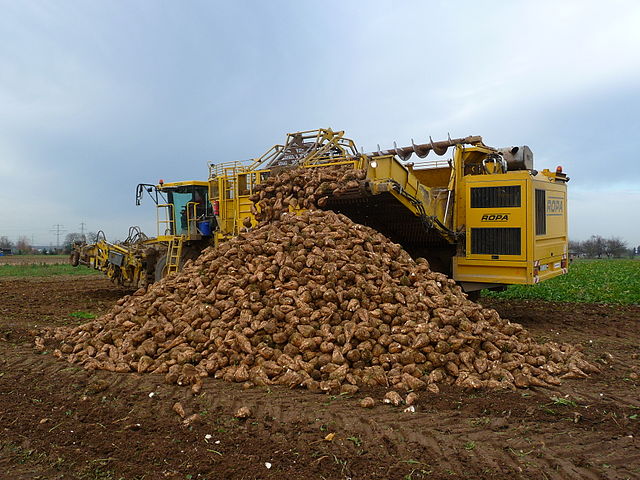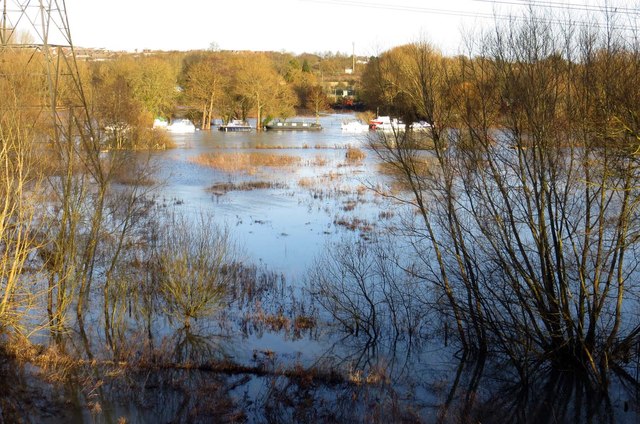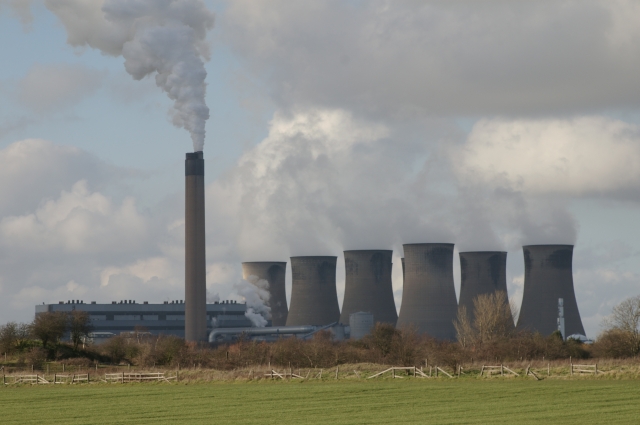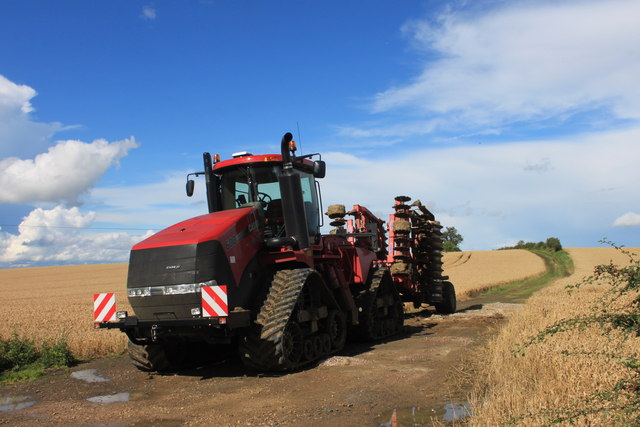On Thursday 27 November 2014 last, the WTO General Council approved three decisions related to public stockholding for food security purposes, the Trade Facilitation Agreement and the post-Bali work programme. With these agreements the hiatus in the WTO’s post-Bali work caused by India’s position on the 2013 Bali Ministerial Council decisions has been unblocked. India had demanded a commitment to faster progress on finding a permanent solution to the treatment of official procurement prices for food security stocks under domestic support disciplines, as well as the copper-fastening of the terms of the interim peace clause, in return for its willingness to approve the Protocol of Amendment to allow the Trade Facilitation Agreement to come into effect.… Read the rest
FADN data highlights dependence of EU farms on subsidy payments
Last week, the DG AGRI Farm Accountancy Data Network, FADN, made available aggregated data in its public database for the 2012 accounting year. In addition, there is now a Farm Economy Focus, or country fact sheet, based on the 2012 data for each member state which presents key FADN results in a graphical form for a general audience.
The FADN database is a key tool both for policy-makers and researchers seeking to understand the behaviour of farmers and the agricultural economy. The survey does not cover the smallest farms, but it is representative for over 4.9 million holdings across the Union.… Read the rest
EU sugar beet prices to fall by 22-23% when quotas eliminated
After much lobbying the Council and Parliament finally agreed that sugar quotas (including quotas on isoglucose) would be extended until the end of the 2016/17 season but would be abolished with effect from October 2017. In January this year, the EU’s Joint Research Centre (JRC) Institute for Prospective Technological Studies published its assessment of what might happen to the EU sugar market as a result of the abolition of sugar quotas. It is worth examining this report in some detail both for its substantive conclusions but also for some insight into the factors likely to affect the EU sugar market balance in the years after 2017.… Read the rest
An agricultural perspective on the European Council 2030 climate and energy framework conclusions
The European Council agreed on a set of climate and energy targets for 2030 (the 40/27/27 package) at its meeting last month. The agricultural sector has a particular interest in these conclusions given that it is affected by climate change targets in three different ways:
Farmers may have to pay for Russian crisis aid
One of the successes of outgoing Agriculture Commissioner Dacian Ciolos in the 2013 CAP reform was to maintain the size of the CAP budget in the 2014-2020 multi-annual financial framework (MFF), at least in nominal terms (and even in real terms in the Commission’s original proposal). This was no mean achievement given the extent of the financial crisis in Europe, the pressures on public spending and the competing demands for spending at EU level.
His success was due to persuading his fellow Commissioners that a larger share of the CAP budget would be devoted to paying for public goods, particularly environment and climate actions.… Read the rest
Agriculture in the 2030 Climate and Energy Package
The European Council comprising the EU Heads of State and Government will meet at the end of this week 23-24 October to take a final decision, among other issues, on the EU’s new climate and energy policy framework. The plan is to agree on the target level of GHG emission reductions for 2030 so that the EU can submit its contribution for the conclusion of a global climate agreement in Paris at the end of next year at the latest by the first quarter of 2015, in line with the timeline agreed by the UNFCCC. However, according to the EUObserver, there are still significant differences of view on the targets between member states, and deadlock at the meeting is not ruled out.… Read the rest
What is the growth potential of EU agriculture?
Commissioner-designate Phil Hogan committed himself to a growth, jobs and investment agenda for agriculture in his confirmation hearing with the EP’s COMAGRI. Given the stuttering EU recovery and continued high unemployment in EU countries, this is an understandable objective. But can EU agriculture rise to the challenge? Not on its past record, at least without substantially changing the policy paradigm.
It is rarely recognised just how disappointing the growth performance of EU agriculture has been over the past two decades. As shown in the figure below, the average growth rate over the period 1990-2011 for the EU-28 has been a mere 0.2% per annum.… Read the rest
Phil Hogan confirmed as Commissioner
Agriculture and Rural Development Commissioner-designate Phil Hogan was strongly confirmed following his hearing before the European Parliament COMAGRI yesterday by 32 votes to 10 on the question whether he is qualified to be a Commissioners, and by 31 votes to 11 on whether he is qualified to take responsibility for his portfolio.
There were no surprises in either Phil Hogan’s opening statement or in his answers to questions (the DG AGRI website has a copy of his opening statement and a video link to the hearing). I see no reason to revise my previous assessment of the priorities for agricultural policy under Hogan’s mandate.… Read the rest
Trends in EU agricultural self-sufficiency
Worries and concerns about food security, real or imagined, have figured prominently in the debate on EU agricultural policy since the Commission launched its consultation document on the recent CAP reform in 2010, stimulated by the price spike on global food markets in the years 2007-08. This week, at the informal Farm Council in Milan on Tuesday 30 September under the Italian Presidency, agricultural ministers will discuss how EU agriculture can contribute to the food security challenge.
One of the issues that constantly pops up in this debate is the importance of food self-sufficiency as a guarantor of food security. Food self-sufficiency is defined as the proportion of domestic consumption met from domestic production.… Read the rest
Prospects for the next CAP reform
The newly-elected MEPS are now finding their feet in Brussels and committee memberships have been assigned. Commission President Juncker has allocated portfolios to the Commissioners nominated by member states, and the European Parliament has scheduled its confirmation hearings beginning next Monday 29 September. The hearing for the Commissioner-designate for Agriculture and Rural Development, Phil Hogan, is scheduled for Thursday 2 October.
What will the new Commissioner and the new Parliament mean for future CAP reform? With the implementation of the Ciolos CAP reform not even begun, it might seem presumptuous to turn to thinking about the timetable and prospects for the next CAP reform.… Read the rest

